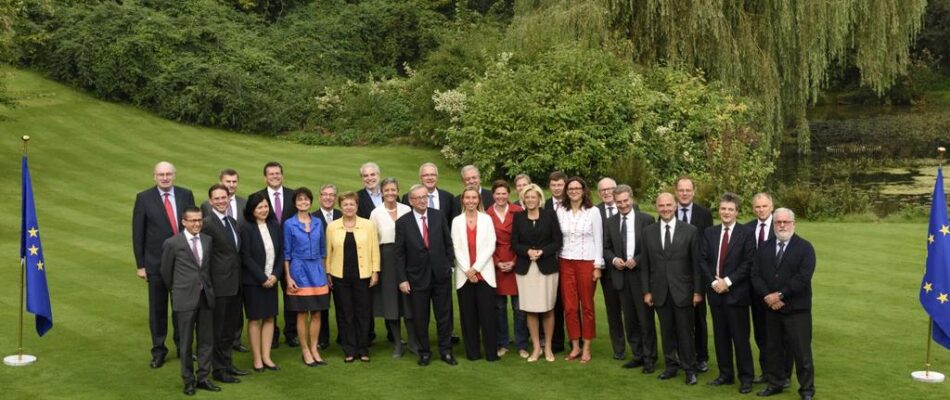
Shake-up at the Directorates-General: What’s next?
BRUSSELS – Education remains a priority in the European Commission’s portfolios according to Jean-Claude Juncker’s proposal for a new line-up, but may be restructured in relation to policies for skills, employment and education. ESU is concerned about the long-term impact that this may have on policies and coordination in higher education.
It has been confirmed that Unit A3 (Skills and Qualification Strategies; Multilingualism Policy) and Unit B2 (Vocational Training and Adult Education) will move from the Directorate-General for Education and Culture (DG EAC) to the Directorate-General for Employment (DG EMPL), Social Affairs and Inclusion. The aim of the move is clearly to create a packaged approach to issues concerning skills and employment due to the serious economic situation in Europe.
“We understand Mr. Juncker’s approach to this issue, but we are worried that by moving these responsibilities away from DG EAC it may actually have a rather negative effect,” says Fernando Gálán Palomares of the European Students’ Union, and continues, “From our perspective, DG EAC has been strongly supportive of the skills and jobs agenda, and it seems that the move will cause more organisational chaos than anything. But we would like to remain hopeful.”
European Qualification Framework for Lifelong Learning
The restructuring of the directorates-general raises many questions, and several areas are not yet entirely clear. ESU is concerned about what will happen with discussions and policies regarding the European Qualification Framework for Lifelong Learning (EQF). Qualification frameworks are useful tools to better understand and structure educational systems, but they serve a much broader purpose than merely as links to the labour market. Thus, ESU still believes the policy area related to qualifications and lifelong learning should be kept closely linked to education. We’ve already been witnessing challenges with coordinating an approach to qualifications due to the topic being shared between the European Union and the European Higher Education Area. Moving the policies to a new leadership or splitting the responsibilities will add new complexity and larger challenges. In addition to qualifications, the shakeup raises questions regarding approaches to issues such as learning outcomes and open educational resources.
“We are in an age where the approach to learning outcomes–both expected and achieved– is developing at a fast pace, as is the European approach to open educational resources. All of these issues related to skills and qualifications were already carried out in cooperation with DG EMPL. We ask, how many Directorates-General will share the responsibility now and what will happen with the coordination?” ESU’s Mr. Gálán Palomares wonders.
— END —
For more information, please contact:
Fernando Miguel Galán Palomares, ESU Vice-Chairperson: +32/473.669.892 // fernando@esu-online.org or Robert Hlynur Baldursson, ESU Communications Manager: +32/473.669.894 // robert@esu-online.org

The European Students’ Union, headquartered in Brussels, is the umbrella organisation of 47 national unions of students from 39 European countries. ESU represents and promotes the educational, social, economical and cultural interests of students at the European level. Through its member unions, ESU represents over 11 million students in Europe. To find out more about ESU, follow us on Twitter @ESUtwt, check out or Facebook page or visit www.esu-online.org. ESU celebrated its 30th anniversary in 2012.
